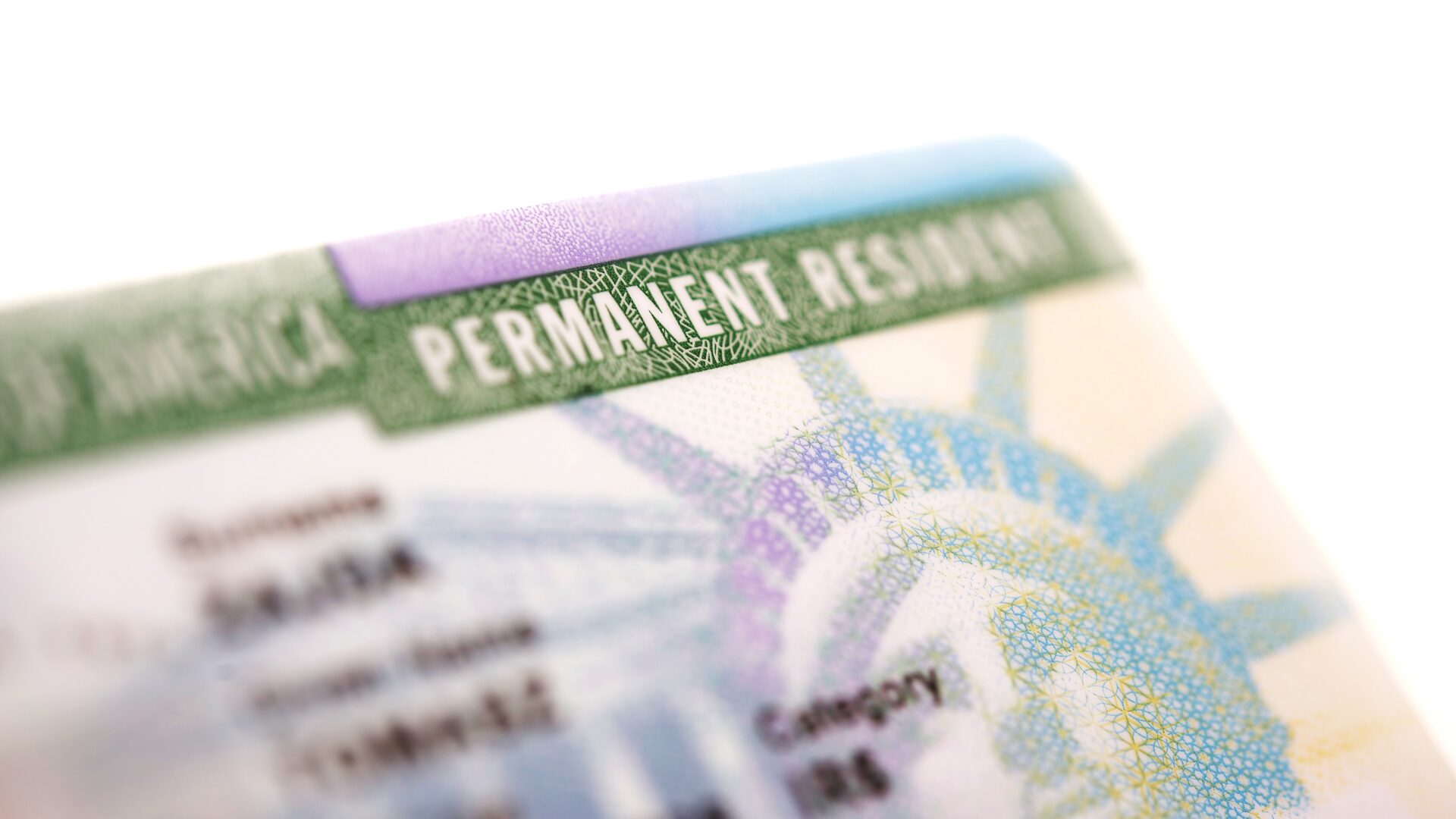Obtaining permanent residency in the United States, also known as getting a “Green Card,” is a goal for many people around the world. This document grants you the right to live and work legally in the country indefinitely. However, the process to determine eligibility and apply can be complex. Below, we will help you identify if you can meet the necessary requirements to qualify for this immigration benefit.
Main categories of eligibility
The Immigration and Nationality Act of the United States establishes various categories under which a person may be eligible for permanent residency. Here we highlight the most common:
Immediate relatives of U.S. citizens: If you are a spouse, unmarried child under 21 years of age, or parent of a U.S. citizen over 21 years of age, you may be eligible to apply for a Green Card under this category. In these cases, there are no annual limits on quotas, so the waiting time tends to be shorter.
We recommend reading Permanent Residency At Reach: All About Adjustment of Status.
Employment sponsorship: You can obtain permanent residency through a job offer in the United States, depending on the type of work you do and your skill level. For example, individuals with extraordinary abilities, outstanding researchers, or international managers have higher prioritization in this process. It is essential that the employer sponsors you and, in most cases, obtains a labor certification first.
Refugees and asylees: If you were admitted to the United States as a refugee or were granted asylum, you may be eligible to apply for permanent residency after one year of being legally admitted under this status.
Common requirements for applicants
Although each category has specific requirements, there are certain general conditions that usually apply to most applicants:
- Legal admissibility: The United States evaluates whether the applicant can be admitted to the country, which includes not having criminal records, or history of previous deportations, among others.
- Compliance with medical requirements: Some health problems (such as serious contagious diseases) can be an impediment.
- Complete and accurate documentation: You must comply with the submission of official forms, supporting evidence and, in some cases, personal interviews.
At Rodriguez-Martin Immigration Law, we can assist you in your process to obtain permanent residency in the United States. Visit our services page.
Common mistakes when evaluating your eligibility
One of the most frequent errors is to assume that just by going to the United States you have the right to permanent residency. In reality, not all temporary visas lead to a Green Card, and it is essential to follow a well-founded plan.
Likewise, many interested parties ignore the annual limit of visas available in various categories, which can extend waiting times depending on the place of origin or their specific category.
You can also read Understanding the adjustment of status process: key steps and timeline.
Steps to follow if you consider yourself eligible
Once you have identified a category of eligibility for permanent residency in the U.S, you can follow these recommendations:
- Contact an expert: Hire an immigration lawyer to review your specific case and guide you through the process.
- Gather the appropriate documentation: This includes birth certificates, evidence of work or marriage, criminal records, among others.
- Complete and submit the application: This usually involves submitting Form I-485 (to adjust your status within the United States) or applying from the corresponding consulate in your country of origin.
- Prepare for interviews and reviews: Depending on the type of application, you may be asked to appear for an interview with immigration officials and provide additional information.
We are expert immigration lawyers. Contact us.
Determining whether you are eligible for permanent residency in the United States can be a challenge, but with the right information and guidance, it is possible to navigate the process successfully. This is an important step that requires preparation, patience and rigorous compliance with the established requirements. If you have questions, seek professional guidance and official resources to maximize your chances of obtaining this highly desired status.
If you found our article useful, share it with someone who may need it. And don’t forget to follow us on Facebook and Instagram and check all our services at rodriguezmartin.com.




